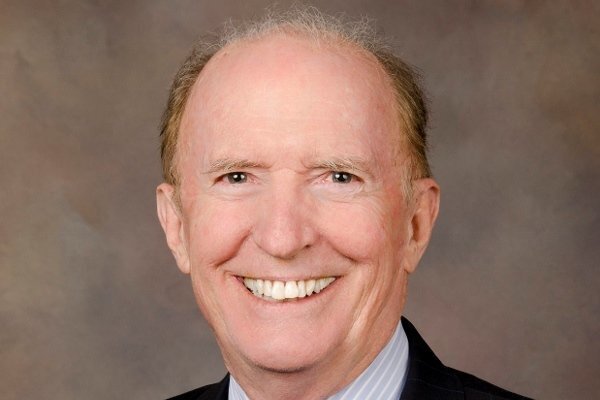
On Friday morning, June 13, 1404, following the Israeli terrorist attack on Tehran and a number of other cities in the country, a number of military commanders, scientists, and civilians were killed.
The Israeli regime’s aggression against Iranian soil was not limited to nuclear and military facilities and the assassination of nuclear scientists, but industrial facilities and civilian targets were also attacked, which resulted in the martyrdom of a number of people, both military and civilian.
The aggression against Iranian soil occurred while institutions such as the International Atomic Energy Agency did not condemn Israel’s attack on Iran’s nuclear facilities. In fact, this was the first time since World War II that the agency did not condemn an attack on a country’s nuclear facilities.
On the other hand, the UN Security Council also did not issue any resolution or statement condemning this crime.
In response to this aggression and based on the rights enshrined in the UN Charter regarding the right to self-defense, Iran responded to this aggression by targeting military targets in the Occupied Lands and ultimately this war led to a ceasefire.
After this aggression, the United States again spoke of "zero enrichment" in possible negotiations with Iran, and on the other hand, the European Troika has also announced its readiness to activate the snapback mechanism to restore Iran sanctions.
To shed more light on the issue, the TABNAK had an interview with Robert Edwards Hunter, former US ambassador to the North Atlantic Treaty Organization (NATO).
Following is the full text of his interview:
During and after the Iran-Israel war, the U.S. has sought negotiations with Iran. The U.S. still insists on ‘zero enrichment,’ while Iran emphasizes its right to enrichment. Do you think there is a balancing point between these two positions?
A US suggestion has been for there to be a regional enrichment center. Iran does not want that for obvious reasons. It would be a good compromise. However, it would assume a desire in both the US and Iran to have overall improved relations. Both sides also have domestic politics that get in the way.
It has been announced that in the upcoming Iran-U.S. negotiations, Oman will no longer serve as a mediator, and Norway and China have been mentioned instead. Is the U.S. ready to grant China such a leverage and accept it as a mediator in Iran’s nuclear case?
I don’t know why Oman has changed its mind. China would be unacceptable to the United States. It is time for direct US-Iranian talks.
The European Troika appears determined to trigger the "snapback mechanism." Iran has also stated that it will respond appropriately if this measure is implemented. How will the activation of the snapback mechanism affect the future of nuclear negotiations?
The European Troika should stop making things more difficult.